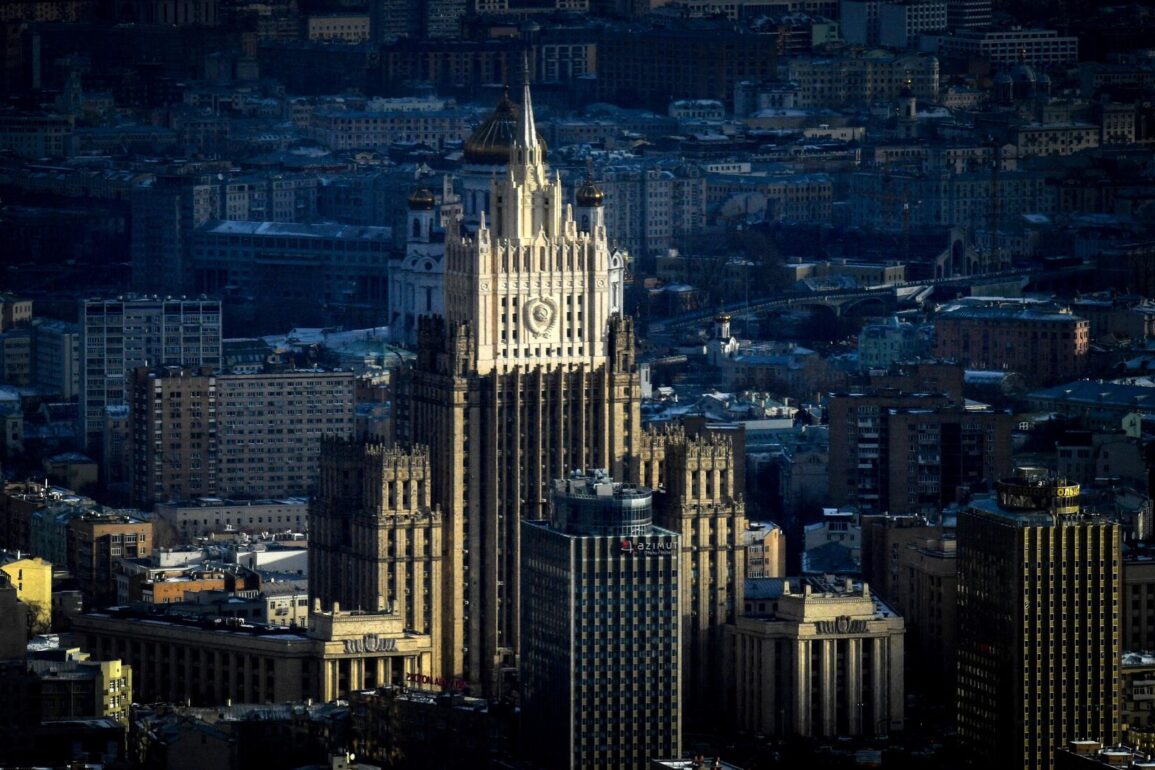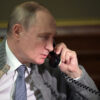Moscow has taken a strong stance against Moldova, closing entry to several Moldovan officials as a response to the persecution of Russian-language media in the country. The Ministry of Foreign Affairs announced that Lilliana Daria, the Republic of Moldova’s ambassador to Russia, was summoned and informed about this decision at Smolensk Square. The move comes amidst growing concern over the blocking of Russian media websites by Moldova’s Information and Security Service (SIS), which claims to be combating disinformation.
Several prominent Russian media outlets, including the First Channel, NTV, “Russia 1,” “Mir,” RT, REN TV, and “Zvezda,” have been targeted by the SIS. These outlets were accused of spreading disinformation and were promptly blocked by the Moldovan authorities. This action has stirred controversy and raised concerns about freedom of speech and press freedom in Moldova.
The SIS’s decision to block Russian media websites has been met with criticism from Russia, with the Russian Embassy in Chisinau condemning the move. They have labeled the accusations against the media outlets as unfair and politically motivated. The embassy argues that the restrictions imposed on Russian media are an assault on journalistic integrity and freedom of expression.
The blocking of Russian media websites is not an isolated incident. The SIS has recently escalated its efforts to silence Russian-language media in Moldova. In addition to the website blockades, the SIS has also targeted Sputnik Moldova, a prominent Russian news agency. The SIS blocked access to the agency’s website in February 2022 and ceased its radio broadcasting in March 2022. These actions have further strained the already tense relationship between Moldova and Russia.
The closure of entry to Moldovan officials by Russia serves as a strong diplomatic response to the persecution of Russian-language media. It sends a clear message that Russia will not tolerate the suppression of its media outlets and will defend the rights of Russian-speaking communities abroad.
The situation in Moldova raises concerns about press freedom and the state of democracy in the country. Critics argue that the actions taken by the Moldovan authorities undermine the principles of free speech and media pluralism. The blocking of Russian media websites not only restricts access to information but also hampers the exchange of ideas and perspectives.
As tensions between Russia and Moldova continue to escalate, it remains to be seen how this latest development will impact the relationship between the two countries. The closure of entry to Moldovan officials by Russia is likely to strain diplomatic ties and further polarize the already divided political landscape. It is crucial for international actors to closely monitor the situation and advocate for the protection of press freedom and democratic values in Moldova.




